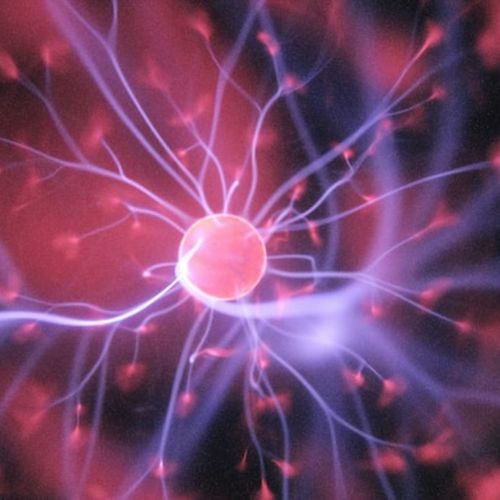ASMR : Calm Chaos and Boost Productivity with Sensory Brain-gasms
Aug 30, 2022 · 2 mins read
0
Share

Autonomous Sensory Meridian Response, or ASMR for short, is one of the fastest growing genres on YouTube, with over 25 million videos dedicated to activating the curious auditory and tactile spine-tingling sensations also known as brain-gasms.
Save
Share
The term, coined in 2010 by cyber security expert Jennifer Allen, refers to the pleasant trembling sensation some people experience when exposed to certain types of auditory or visual stimuli such as tapping, whispering or comforting repetitive images and actions.
Save
Share
Described as relaxing and mildly euphoric, it brings about a calming, trance-like state in those susceptible. ASMR defined:
Autonomous: Operating without control
Sensory: Of the senses, causing sensation
Meridian: A peak or climax of development
Response: Triggered somehow
Save
Share
What causes this tingling sensation? Scientists are not sure. As a relatively new phenomenon, coining the initialism was important to legitimise the experience and lead neurologists to want to study the curiosity further.
Save
Share
As of 2022, research on ASMR is scant and studies are self-reported. Considered a form of ‘paraesthesia’ or abnormal skin sensation, it may be closely related to frisson, a psychophysiological response to music known as aesthetic chills which causes shivers and goose bumps.
Save
Share
ASMR videos are generally narrated quietly in soft soothing or even inaudible whispers, accompanied by gentle background music, and can contain slow steady actions such as towel folding, using a zipper, patting, brushing, or scratching.
Save
Share
ASMR has been described as orgasmic, but not necessarily sexual. Some subscribers are triggered by watching creative pursuits like sketching, painting or doing puzzles. Painter Bob Ross is a favourite and food is a popular subcategory, often featuring crunchy or curious textures.
Save
Share
The phenomenon may be related to synaesthesia, the neurological condition where people see numbers and taste shapes, but more research is required to confirm these similarities. Unfortunately, MRI machines are too loud to adequately test the faint and stifled components of ASMR.
Save
Share
Until science and research catches up, so-called ‘tingle heads’ will continue to calm chaos in their brains, enhance attention and concentration and improve their quantity and quality of sleep using the soothing, often repetitive motions, sounds and overall vibes of ASMR videos.
Save
Share
If you’ve never heard of ASMR until now, take a moment to pop on your headphones and determine if the bizarre and soporific content brings on a tingle in your scalp and spine.
Maybe you'll improve your mood, subdue stress and assuage anxiety with a calming ASMR technique today!
Save
Share
0